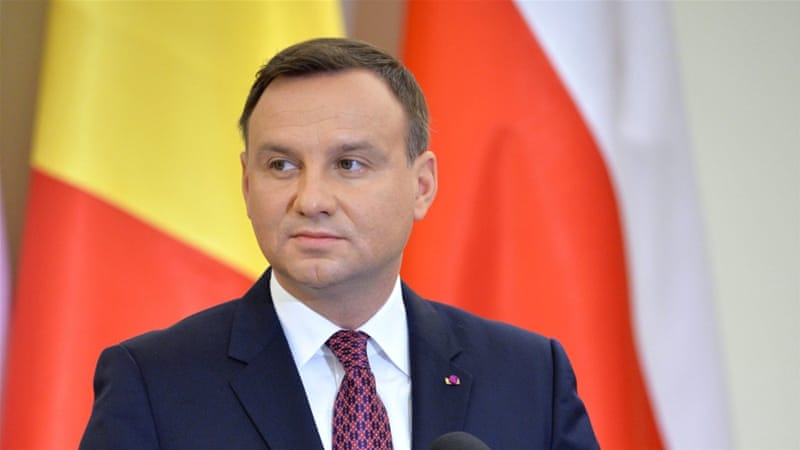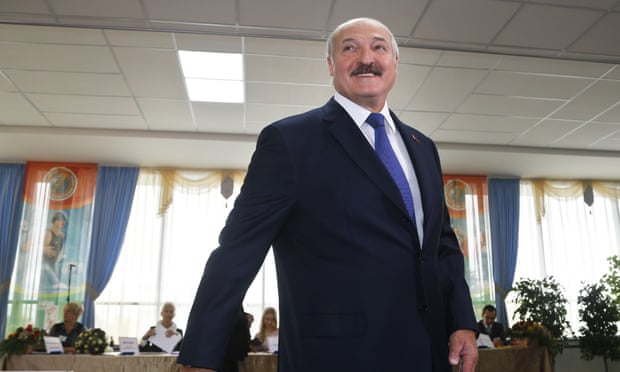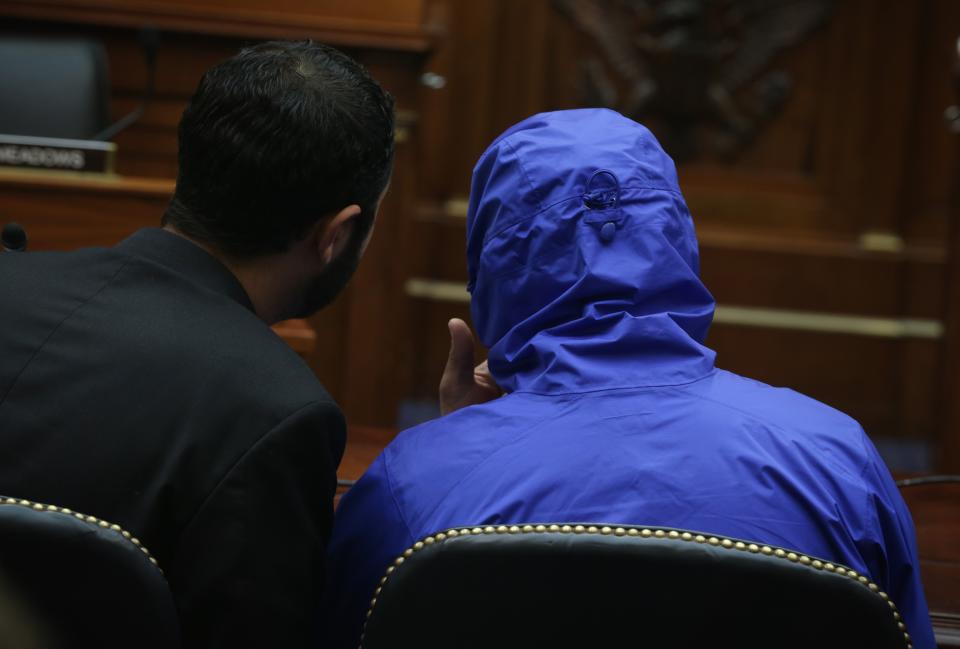by Shelby Vcelka
Impunity Watch Desk Reporter, Europe
WARSAW, Poland–
Poland’s conservative President Andrzej Duda said Wednesday that the Polish government should take steps to protect its citizens from Middle Eastern refugees bringing in “possible epidemics.” Duda told a local Polish new channel that the health and safety of Polish citizens was of utmost importance, rather than the refugees. He also added that if the government was willing and able to accept the refugees, they should take any measure necessary to protect the Polish people.

The comments by Duda, whose role is largely ceremonial in government, closely resemble remarks made by the leader of the Law and Justice Party, Jaroslaw Kaczynski. Duda is a member of the right-wing Law and Justice Party, which is expected to win the elections on October 25th.
Speaking outside a refugee center, Kaczynski spoke about how the refugees had brought in “all kinds of parasites which are not dangerous in their own countries but which could prove dangerous for the local populations.” He later wondered how the Polish government expected to protect Polish citizens from these transient diseases.
Both Duda and Kaczynski’s comments have been condemned internationally, by members of the Polish government, and by the local media as evocative of the hate speech spewed by the Nazis during the Second World War. During that time, the Nazis said the Jewish people had typhus, and used that line of reasoning to force them into ghettos.
The World Health Organization (WHO) said there is no connection between migration and infectious diseases, and these diseases can exist independent of migration. “The risk for importation of exotic and rare infectious agents into Europe, such as Ebola, Marburg and Lassa viruses or Middle East respiratory syndrome [MERS], is extremely low. Experience has shown that, when importation occurs, it involves regular travellers, tourists or health care workers rather than refugees or migrants,” a September report from the WHO said.
Poland has taken its time in accepting refugees, but has agreed to accept 5,000 of the 120,000 migrants to be shared between the 28 member states of the European Union. Poland was initially agreed to take in 2,000 refugees, but later upped the number. Although support for asylum for refugees is high, heavily Catholic Poland has some anti-Muslim sentiments that affect its ability to take in more refugees.
For more information, please see—
The Globe and Mail–Ex-Polish PM slammed for comments migrants carrying diseases to Europe— 14 October 2015
Human Rights Watch– Dispatches: Welcoming Voices from Poland on Refugees— 15 October 2015
Al-Jazeera–Poland’s president warns of refugees bringing epidemics— 18 October 2015
Channel NewsAsia– Migrants may bring epidemics, warns Polish president— 18 October 2015



